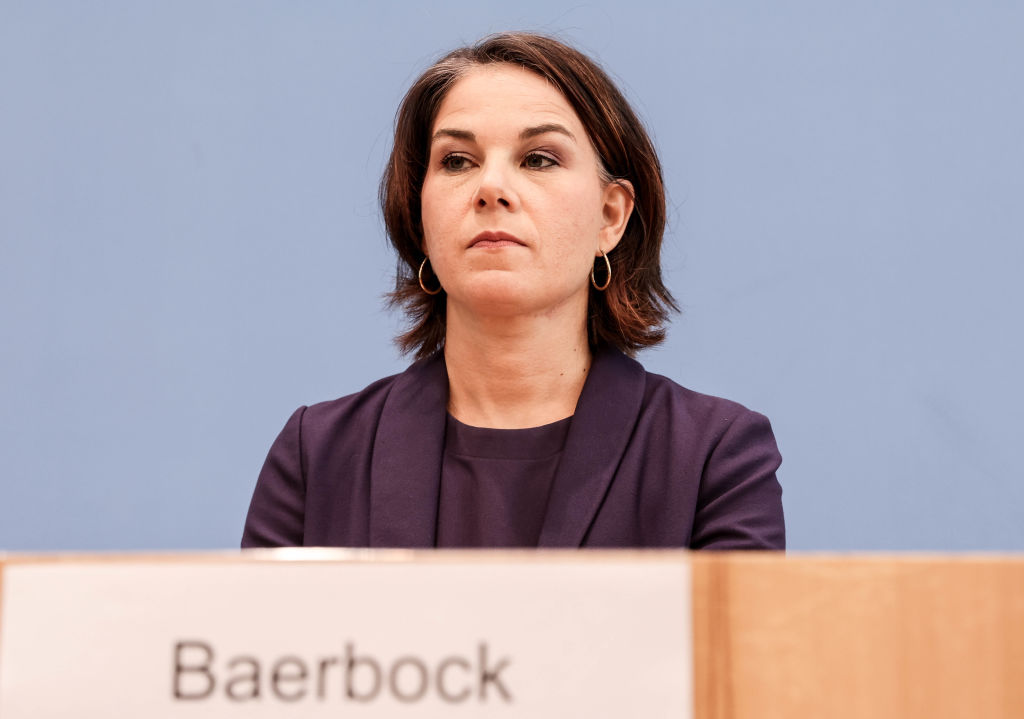Germany's next governing coalition could be determined by 3rd- and 4th-place parties


A free daily email with the biggest news stories of the day – and the best features from TheWeek.com
You are now subscribed
Your newsletter sign-up was successful
First place isn't all it's cracked up to be.
Germany's Social Democratic Party pulled out a close victory on Sunday, finishing just ahead of the conservative Christian Democratic Union-Christian Social union in the country's parliamentary elections. The party was far short of a majority, but the win puts them in a good position to head up the country's next governing coalition in the post-Angela Merkel era. That is, unless they're upended in their quest by the election's third- and fourth-place finishers.
The left-leaning Green Party and the pro-business, liberal Free Democrats are both primed for a "kingmaker" a role, and they seem well-aware of it. "We have been given a clear mandate by the voters to ensure a new beginning in our country," said the Green's co-leader, Annalena Baerbock, per the Financial Times.
The Week
Escape your echo chamber. Get the facts behind the news, plus analysis from multiple perspectives.

Sign up for The Week's Free Newsletters
From our morning news briefing to a weekly Good News Newsletter, get the best of The Week delivered directly to your inbox.
From our morning news briefing to a weekly Good News Newsletter, get the best of The Week delivered directly to your inbox.
FT reports that both parties have agreed that, despite their political differences, they're going to confer before making any deals with the other parties because. "Neither the CDU/CSU nor the SPD stand for a new start," said Christian Linder, the leader of the FDP. "That is why it makes sense that our two parties speak to each other first." Read more at the Financial Times.
A free daily email with the biggest news stories of the day – and the best features from TheWeek.com
Tim is a staff writer at The Week and has contributed to Bedford and Bowery and The New York Transatlantic. He is a graduate of Occidental College and NYU's journalism school. Tim enjoys writing about baseball, Europe, and extinct megafauna. He lives in New York City.
